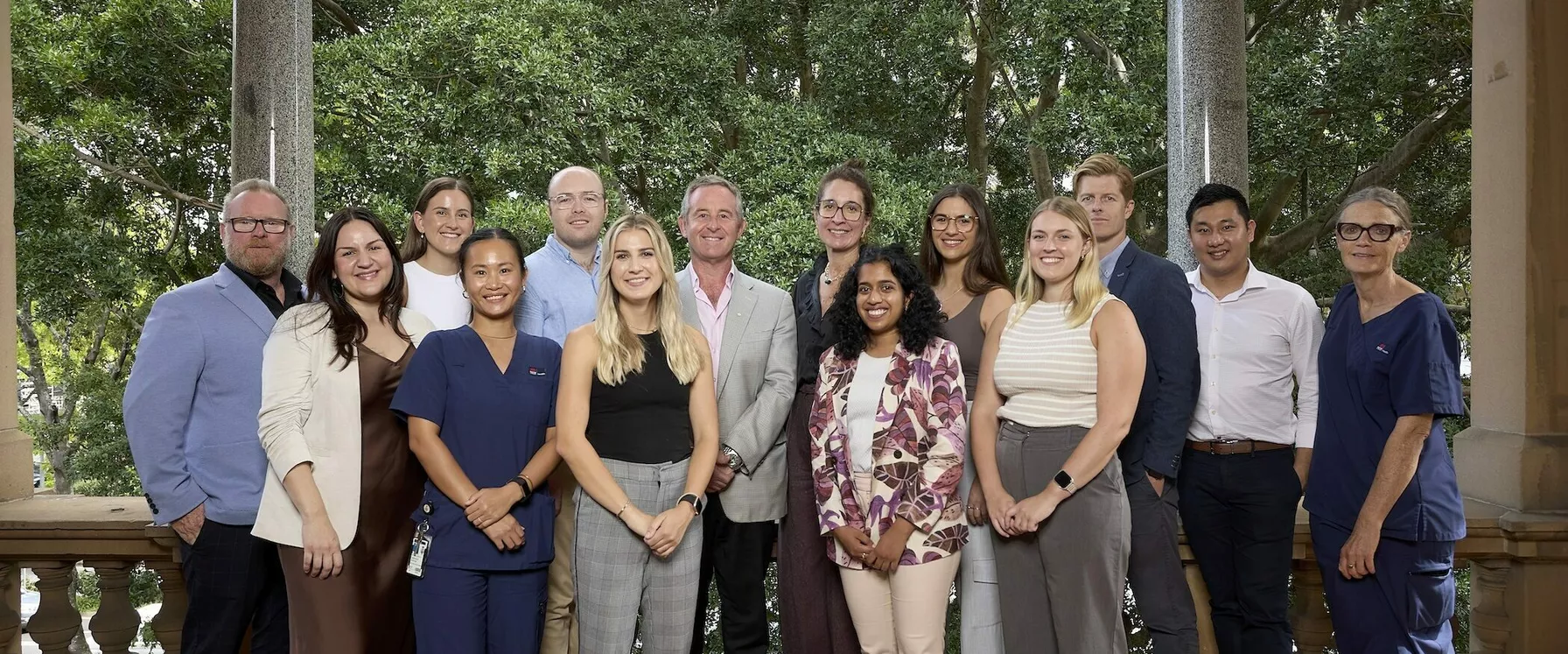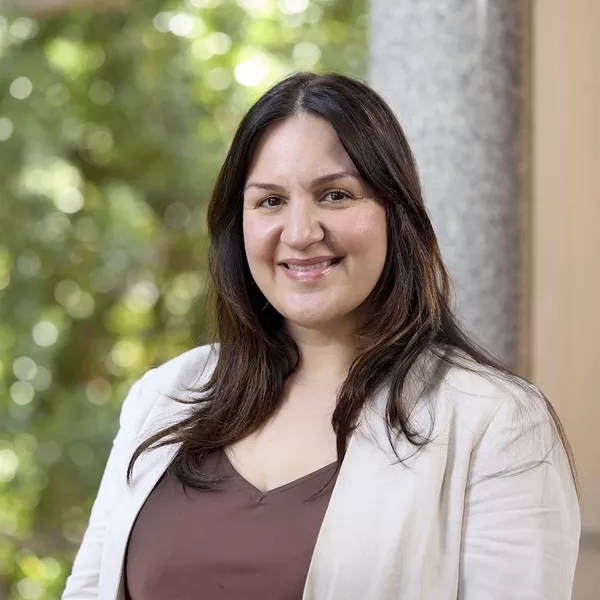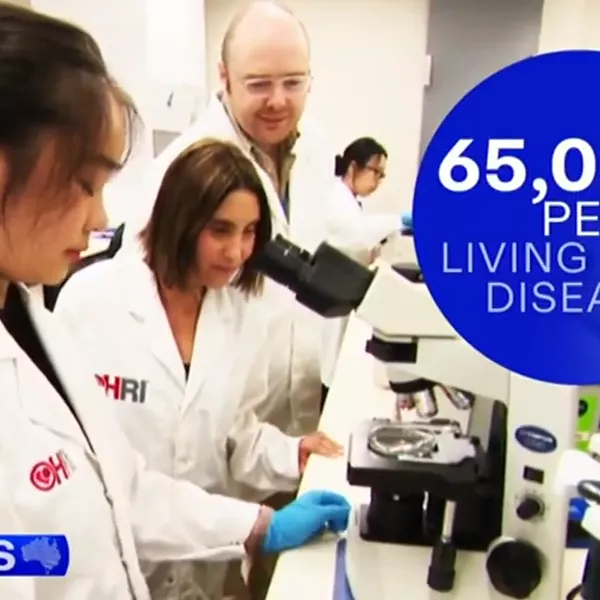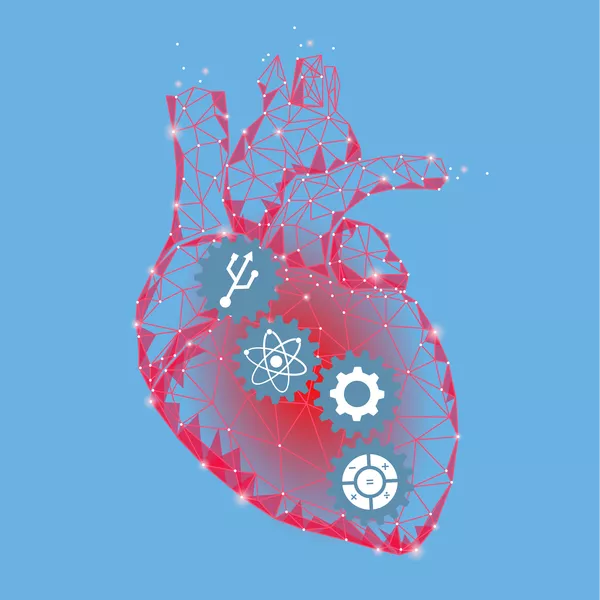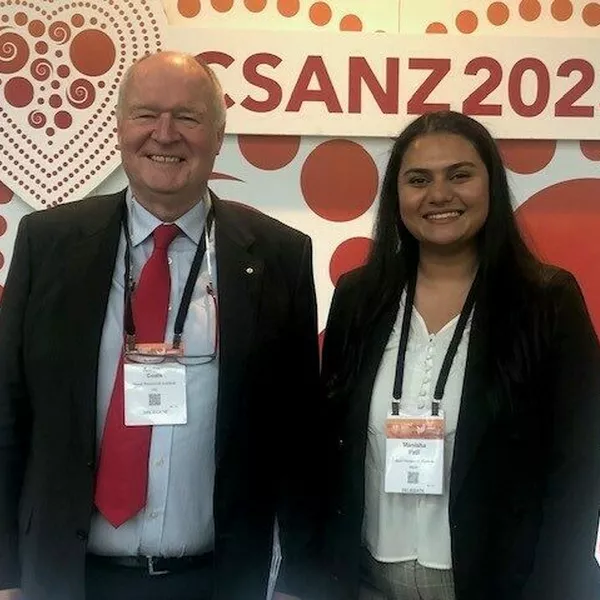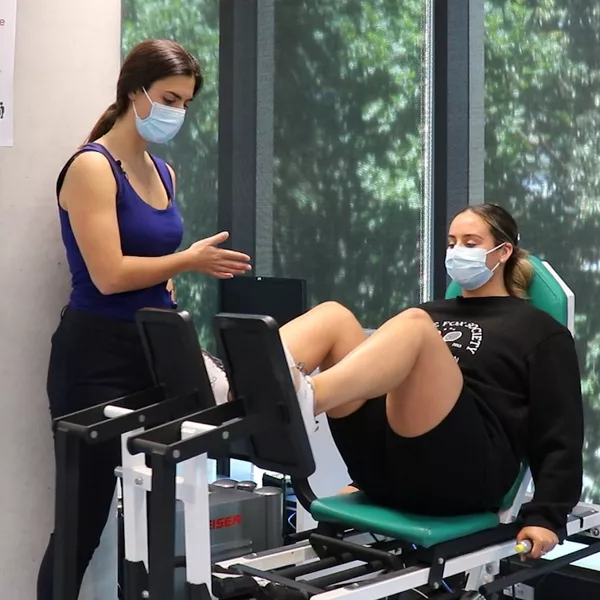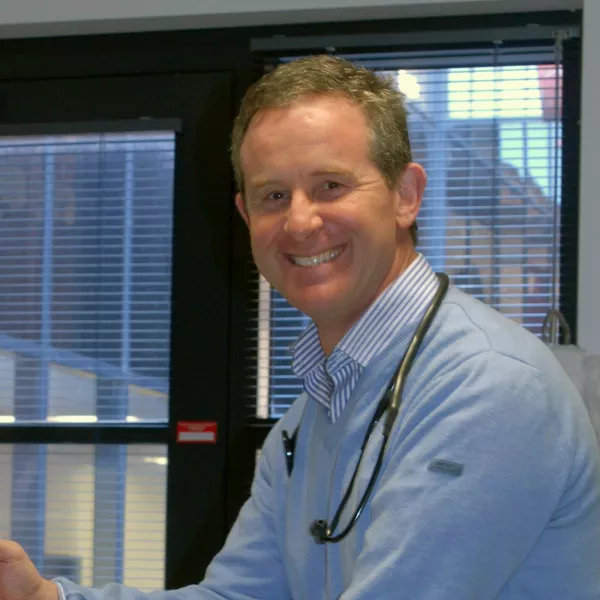
Selected publications
Ratwatte S, Coelho B, Ng MK, Celermajer DS. Impact of Transcatheter Aortic Valve Implantation on Right Ventricular Function. Heart Lung Circ. 2025 Feb 18:S1443-9506(24)01916-4. doi: 10.1016/j.hlc.2024.11.017. Epub ahead of print. PMID: 39971704.
Lloyd LK, Nicholson C, Strange G, Celermajer DS. State- and territory-based differences that impede the establishment of a harmonised national registry. Aust Health Rev. 2025 Feb 11. doi: 10.1071/AH24338. Epub ahead of print. PMID: 39928920.
Chami J, Moore BM, Nicholson C, Cordina R, Baker D, Celermajer DS. Outcomes of permanent pacemakers and implantable cardioverter-defibrillators in an adult congenital heart disease population. Int J Cardiol Congenit Heart Dis. 2023 Dec 18;15:100490. doi: 10.1016/j.ijcchd.2023.100490. PMID: 39713493; PMCID: PMC11657835.
Chami J, Nicholson C, Baker D, Cordina R, Strange G, Celermajer DS. Improved complexity stratification in congenital heart disease; the impact of including procedural data on accuracy and reliability. Int J Cardiol Congenit Heart Dis. 2024 Apr 9;16:100510. doi: 10.1016/j.ijcchd.2024.100510. PMID: 39712534; PMCID: PMC11657680.
Ratwatte S, Celermajer DS. The latest definition and classification of pulmonary hypertension. Int J Cardiol Congenit Heart Dis. 2024 Jul 31;17:100534. doi: 10.1016/j.ijcchd.2024.100534. PMID: 39711762; PMCID: PMC11657472.
Nicholson C, Strange G, Ayer J, Cheung M, Grigg L, Justo R, Maxwell R, Wheaton G, Disney P, Yim D, Stewart S, Cordina R, Celermajer DS. A national Australian Congenital Heart Disease registry; methods and initial results. Int J Cardiol Congenit Heart Dis. 2024 Aug 24;17:100538. doi: 10.1016/j.ijcchd.2024.100538. PMID: 39711757; PMCID: PMC11658562.
Playford D, Stewart S, Harris SA, Scalia G, Celermajer DS, Thomas L, Paratz ED, Chan YK, Strange G. Mortality associated with moderate and severe mitral regurgitation in 608 570 men and women undergoing echocardiography. Heart. 2025 Jan 31:heartjnl-2024-324790. doi: 10.1136/heartjnl-2024-324790. Epub ahead of print. PMID: 39706686.
Ratwatte S, Playford D, Strange G, Celermajer DS, Stewart S. Prevalence and prognostic significance of pulmonary hypertension in adults with left ventricular diastolic dysfunction. Open Heart. 2024 Dec 3;11(2):e003049. doi: 10.1136/openhrt-2024-003049. PMID: 39627022; PMCID: PMC11624820.
Ratwatte S, Cordina RL, Baker D, Lau E, Celermajer DS. The importance of assessing and correcting hydration status prior to right heart catheterisation: a pilot study. Intern Med J. 2025 Feb;55(2):320-324. doi: 10.1111/imj.16577. Epub 2024 Nov 22. PMID: 39575768.
Moonen A, Celermajer DS, Ng MK, Strange G, Playford D, Stewart S. Mitral- specific cardiac damage score (m-CDS) predicts risk of death in functional mitral regurgitation: a study from the National Echo Database of Australia. Open Heart. 2024 Oct 27;11(2):e002841. doi: 10.1136/openhrt-2024-002841. PMID: 39462524; PMCID: PMC11529689.
Bate KA, Genetzakis E, Vescovi J, Gray MP, Celermajer DS, McGuire HM, Grieve SM, Vernon ST, Cartland SP, Yang JY, Kavurma MM, Figtree GA. Vascular Cytokines and Atherosclerosis: Differential Serum Levels of TRAIL, IL-18, and OPG in Obstructive Coronary Artery Disease. Biomolecules. 2024 Sep 4;14(9):1119. doi: 10.3390/biom14091119. PMID: 39334884; PMCID: PMC11430378.
Sack F, Irwin A, van der Zalm R, Ho L, Celermajer DJ, Celermajer DS. Healthcare-related carbon footprinting-lower impact of a coronary stenting compared to a coronary surgery pathway. Front Public Health. 2024 Aug 21;12:1386826. doi: 10.3389/fpubh.2024.1386826. PMID: 39234076; PMCID: PMC11371610.
Paratz ED, Nadel J, Humphries J, Rowe S, Fahy L, La Gerche A, Prior D, Celermajer D, Strange G, Playford D. The aortic paradox: a nationwide analysis of 523 994 individual echocardiograms exploring fatal aortic dissection. Eur Heart J Cardiovasc Imaging. 2024 Sep 30;25(10):1423-1431. doi: 10.1093/ehjci/jeae140. PMID: 38805749.
Moonen A, Cao J, Celermajer DS, Ng MKC. Mitral Regurgitation "Proportionality" in Functional Mitral Regurgitation and Outcomes After Mitral Valve Transcatheter Edge-to-Edge Repair: A Systematic Review and Meta-Analysis. Struct Heart. 2024 Mar 15;8(3):100284. doi: 10.1016/j.shj.2024.100284. PMID: 38799800; PMCID: PMC11121745.
Ratwatte S, Stewart S, Strange G, Playford D, Celermajer DS. Association of Pulmonary Artery Pressures With Mortality in Adults With Reduced Left Ventricular Ejection Fraction. JACC Heart Fail. 2024 May;12(5):936-945. doi: 10.1016/j.jchf.2024.01.016. Epub 2024 Mar 20. PMID: 38520460.
Celermajer DS. National Standards of Care for Childhood-onset Heart Disease (CoHD)-A New Paradigm Whereby Healthcare Professionals, Governments and Consumers Work Together to Optimise Patient Care. Heart Lung Circ. 2024 Feb;33(2):147-149. doi: 10.1016/j.hlc.2024.01.015. Epub 2024 Feb 9. PMID: 38350798.
Lloyd LK, Nicholson C, Strange G, Celermajer DS. The burdensome logistics of data linkage in Australia - the example of a national registry for congenital heart disease. Aust Health Rev. 2024 Feb;48(1):8-15. doi: 10.1071/AH23185. PMID: 38118279.
Verrall CE, Tran DL, Kasparian NA, Williams T, Oxenham V, Ayer J, Celermajer DS, Cordina RL. Cognitive Functioning and Psychosocial Outcomes in Adults with Complex Congenital Heart Disease: A Cross-sectional Pilot Study. Pediatr Cardiol. 2024 Mar;45(3):529-543. doi: 10.1007/s00246-023-03376-7. Epub 2024 Jan 23. PMID: 38261061; PMCID: PMC10891231.
Barraclough JY, et al. Weight Gain Trajectories from Birth to Adolescence and Cardiometabolic Status in Adolescence. The Journal of Pediatrics. 2019;208:89-95.
Dennis M, et al. Clinical Outcomes in Adolescents and Adults After the Fontan Procedure. J Am Coll Cardiol. 2018;71:1009-17.
Celermajer DS, et al. Passive smoking and impaired endothelium-dependent arterial dilatation in healthy young adults. N Engl J Med. 1996;334:150-4.
Adams MR, et al. L-arginine reduces human monocyte adhesion to vascular endothelium and endothelial expression of cell adhesion molecules. Circulation. 1997;95:662-8.
Miller OI, et al. Inhaled nitric oxide and prevention of pulmonary hypertension after congenital heart surgery: a randomised double-blind study. Lancet. 2000;356:1464-9.
Woo KS, et al. Effects of diet and exercise on obesity-related vascular dysfunction in children. Circulation. 2004;109:1981-6.
Lau EM, et al. Assessment of ventriculo-arterial interaction in pulmonary arterial hypertension using wave intensity analysis. Eur Respir J. 2014;43:1804-7.
Cordina R, et al. Management errors in adults with congenital heart disease: prevalence, sources, and consequences. Eur Heart J. 2018;39:982-9.
